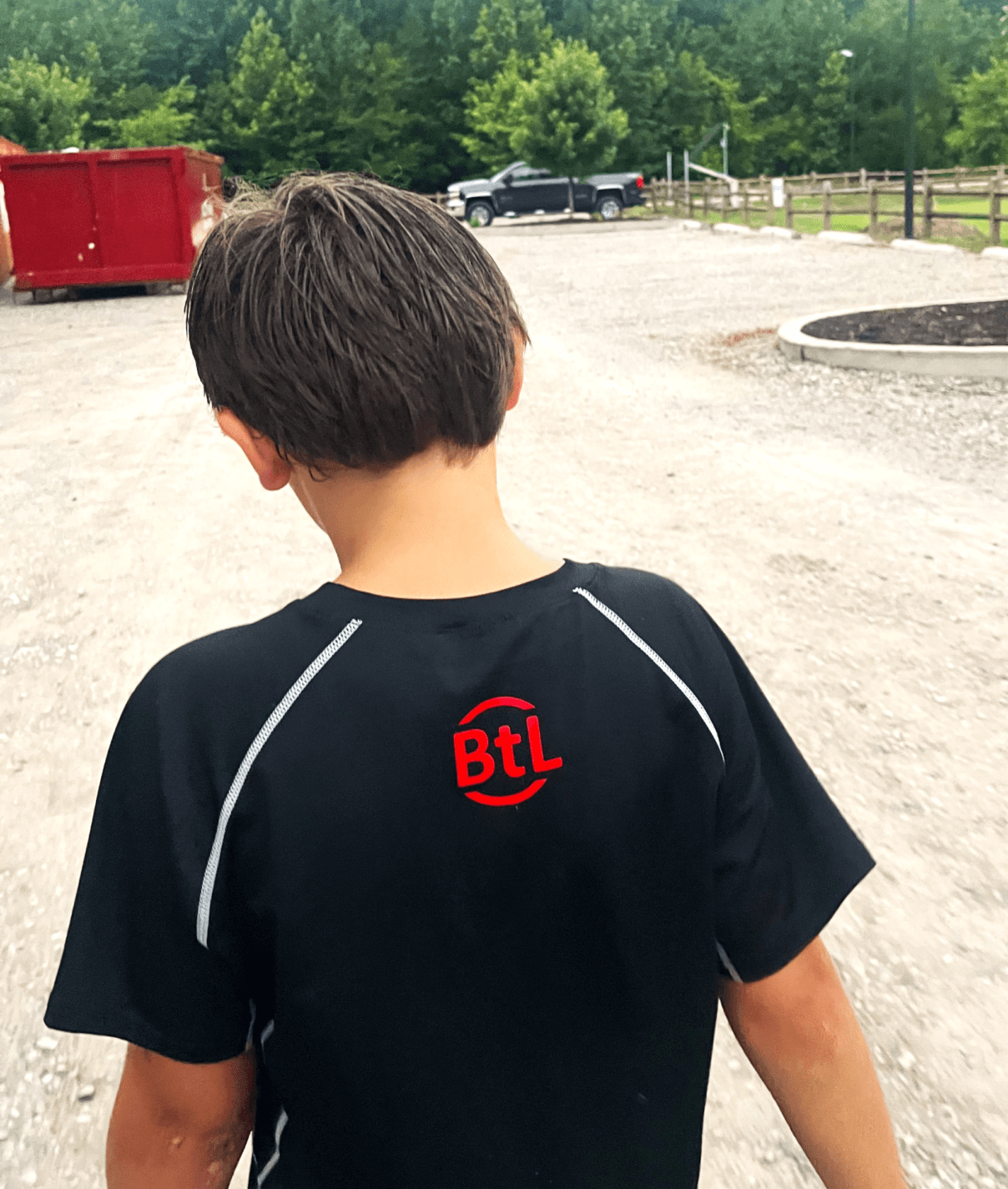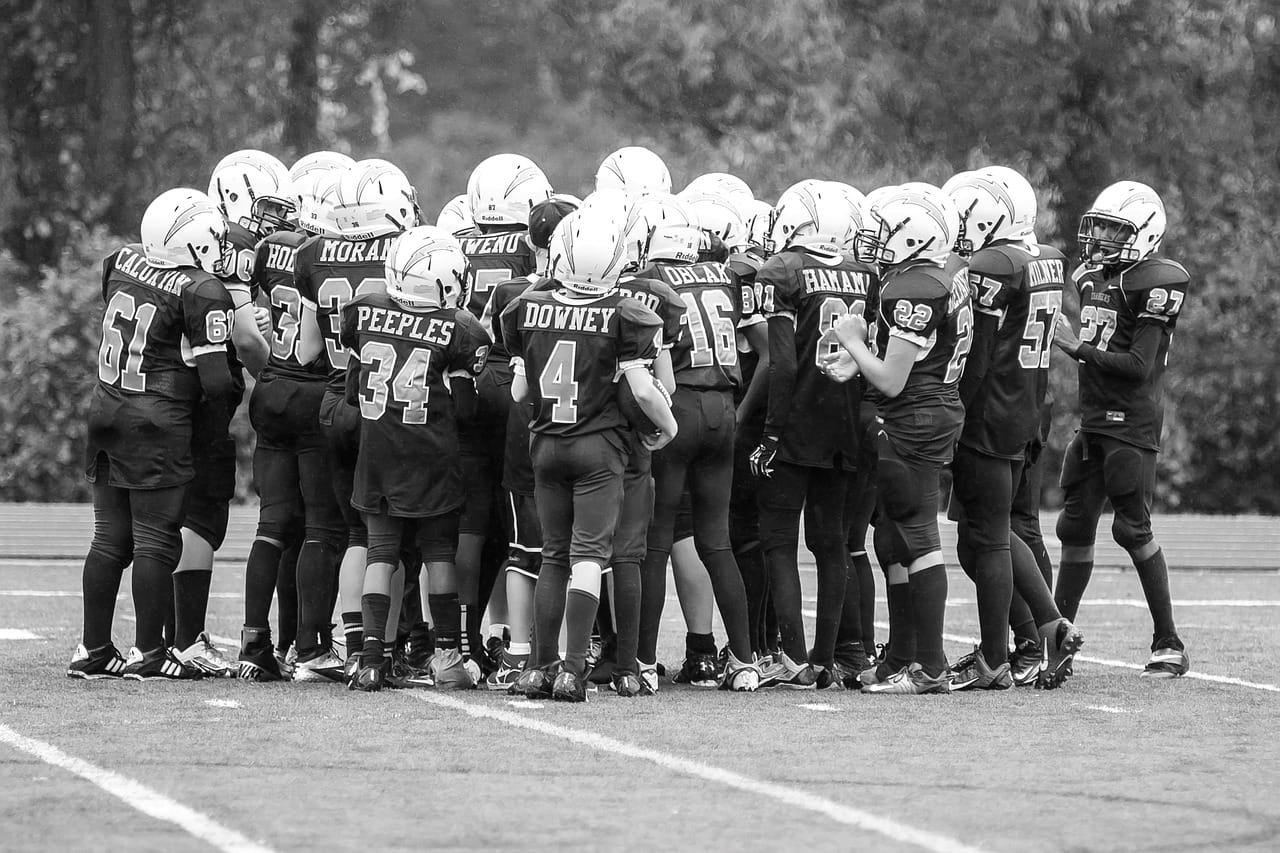Measuring success is an important concept to consider as you pursue your goals. However, in order to measure success, we must consider what success actually means. It seems simple to define success, but it is a much harder question to answer than it appears. Many have specific ideas of success in sports, such as becoming champions, earning MVP titles, making All-State teams, or achieving other regional accolades. Others may consider wealth or fame as measures of success. Let’s consider two definitions from different sources:

Definitions of Success
Success (Merriam-Webster):
- a) Degree or measure of succeeding, b) Favorable or desired outcome (also the attainment of wealth, favor, or eminence).
- One that succeeds.
- Obsolete; outcome, result.
Success (American Heritage Dictionary of English Language, 5th Ed.):
- The achievement of something desired, planned, or attempted.
- The gaining of fame or prosperity.
- The extent of such gain.
Rethinking Success
In a society focused heavily on results with little regard for the process or work required to achieve, these definitions are unsurprising. A results-oriented view of success contributes significantly to the increasing levels of anxiety and depression among teenage athletes today. Perhaps, if we step back and realize the importance of the process, we may see that success is bigger than an outcome.
Why Process Matters
If on-field accolades, fame, or money are the only measurements of success that we offer athletes, then we are failing them as people and as athletes. Sports offer so much more than these tangible rewards! Work ethic, perseverance, self-confidence, and teamwork are just a few lessons we learn from sports that impact us every day. Placing emphasis on the growth of athletes as individuals should be the ultimate goal. Their ability to perform and cope in everyday life should be the true measurement of success.
Practical Steps to Foster True Success
1. Allow Athletes to Succeed Every Day
Judge the action the same way you would the result.
Example: It’s possible to take a good shot or have a strong at-bat without scoring or getting a hit.
2. Reward and Recognize Effort
Reward and recognize the process or work an individual puts into achieving their goals.
Example: Tell them you notice their effort. Provide feedback and recognition for the work, not just the result.
3. Highlight a Team-First Attitude
Reward and recognize a positive, team-first attitude.
Example: Highlight athletes who are great teammates, who encourage those around them.
The Bigger Picture
For the majority of athletes, real “success” will be realized later in life, most likely off the field. Let’s teach our young athletes to enjoy the process of striving to improve while allowing them to make mistakes along the way. Let’s teach them that success is bigger than fame, money, or even the outcome of an event, but rather about who they are as individuals.
If we can do this—teach them to be the best version of themselves—our youth can achieve not only success but true greatness.
Key Takeaway: Success isn’t just about winning; it’s about becoming the best version of yourself and learning to thrive in life’s bigger picture.
BtL
Subscribe to our email list to get our content direct to your inbox!
Follow us on Facebook, Twitter, Instagram and TikTok
To learn more about Ball to Life and our mission, click here.

